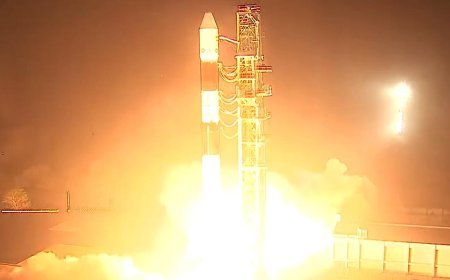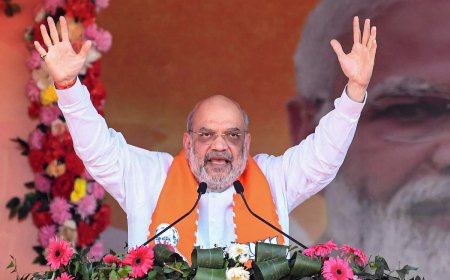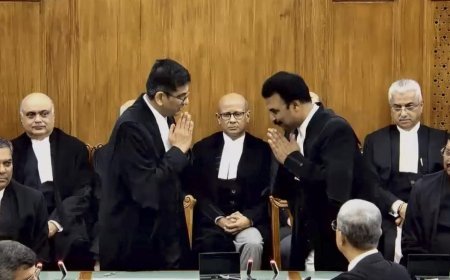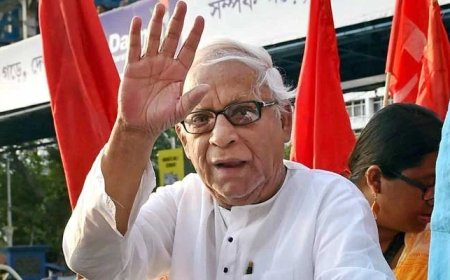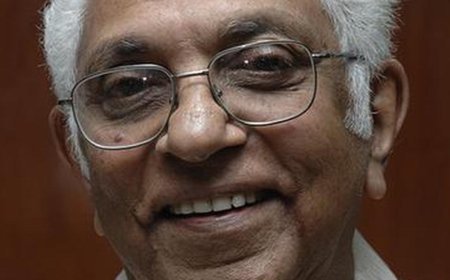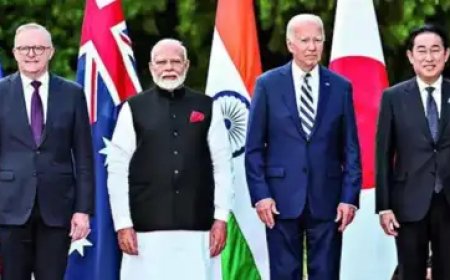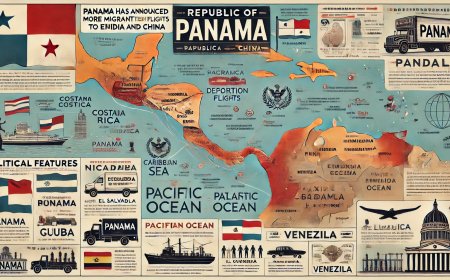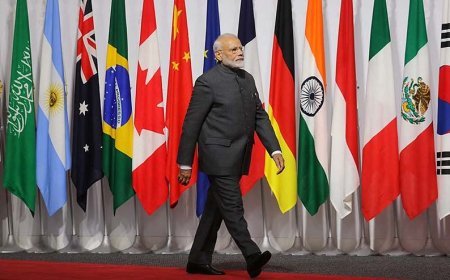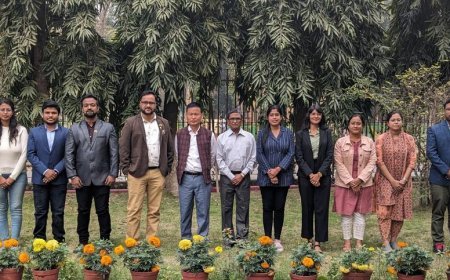Nobel Physicist Tsung-Dao Lee Dies at 97
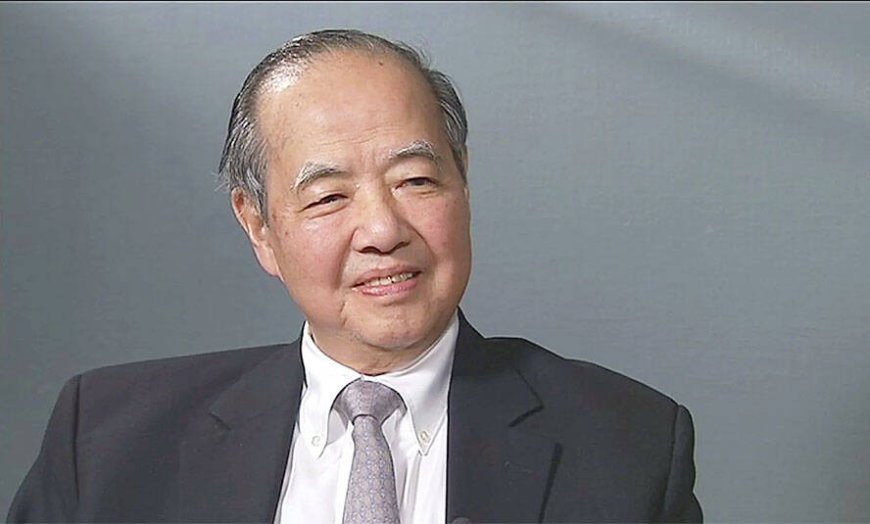
Nobel Physicist Tsung-Dao Lee Dies at 97
San Francisco, CA - Tsung-Dao Lee, a pioneering Chinese-American physicist and Nobel Prize laureate, passed away on Sunday, August 4, 2024, at his home in San Francisco. He was 97. The news was confirmed by the Tsung-Dao Lee Institute at Shanghai Jiao Tong University and the Beijing-based China Center for Advanced Science and Technology.
Prof. Lee, who was born in Shanghai on November 24, 1926, made monumental contributions to particle physics. In 1957, he became the second-youngest scientist to receive the Nobel Prize, honored at age 31 alongside Chen-Ning Yang for their work on the symmetry of subatomic particles.
Early Life and Education
Tsung-Dao Lee was the third of six children in a family led by his merchant father, Tsing-Kong Lee, and his devout Catholic mother, Ming-Chang Chang. He completed high school in Shanghai and attended National Chekiang University in Guizhou Province, later transferring to National Southwest Associated University in Kunming, Yunnan Province.
After his sophomore year, Lee received a scholarship from the Chinese government to pursue graduate studies in the United States. He studied at the University of Chicago from 1946 to 1950 under the mentorship of Nobel laureate Enrico Fermi.
Academic and Research Career
In the early 1950s, Lee held positions at the Yerkes Observatory in Wisconsin, the University of California at Berkeley, and the Institute for Advanced Study in Princeton, NJ. His research spanned elementary particles, statistical mechanics, astrophysics, and field theory.
Lee joined Columbia University in 1953 as an assistant professor and quickly rose to prominence. At 29, he became the youngest full professor in the university's history. During his tenure, he developed the "Lee model," a significant framework for studying various quantum phenomena.
In 1957, Lee's groundbreaking work with Chen-Ning Yang on the violation of parity in weak nuclear interactions earned them the Nobel Prize in Physics. This discovery fundamentally changed the understanding of particle physics and opened new avenues for research.
Legacy and Contributions
Prof. Lee's illustrious career was decorated with numerous accolades, including the Albert Einstein Award in Science, the Galileo Galilei Medal, and the G. Bude Medal. He received honorary doctorates and titles from prestigious institutions worldwide.
Robert Oppenheimer, renowned as the father of the atomic bomb, once praised Lee as one of the most brilliant theoretical physicists of his time, highlighting his "remarkable freshness, versatility, and style."
In addition to his scientific achievements, Lee was dedicated to fostering the development of science in China. As the country opened up to international exchanges in the 1970s, he frequently returned to give lectures and inspire future generations of scientists.
A Lasting Impact
Tsung-Dao Lee's death marks the end of an era for the field of particle physics. His contributions have left an indelible mark on scientific understanding and continue to influence research today. As a professor emeritus at Columbia University, he inspired countless students and researchers.
The joint obituary released by the Tsung-Dao Lee Institute and the China Center for Advanced Science and Technology aptly described him as "one of the great masters in the field." His legacy lives on through the many advancements in physics that his work has enabled.
Prof. Lee is survived by his family, colleagues, and a global community of scientists who will continue to build on his extraordinary legacy.
What's Your Reaction?













